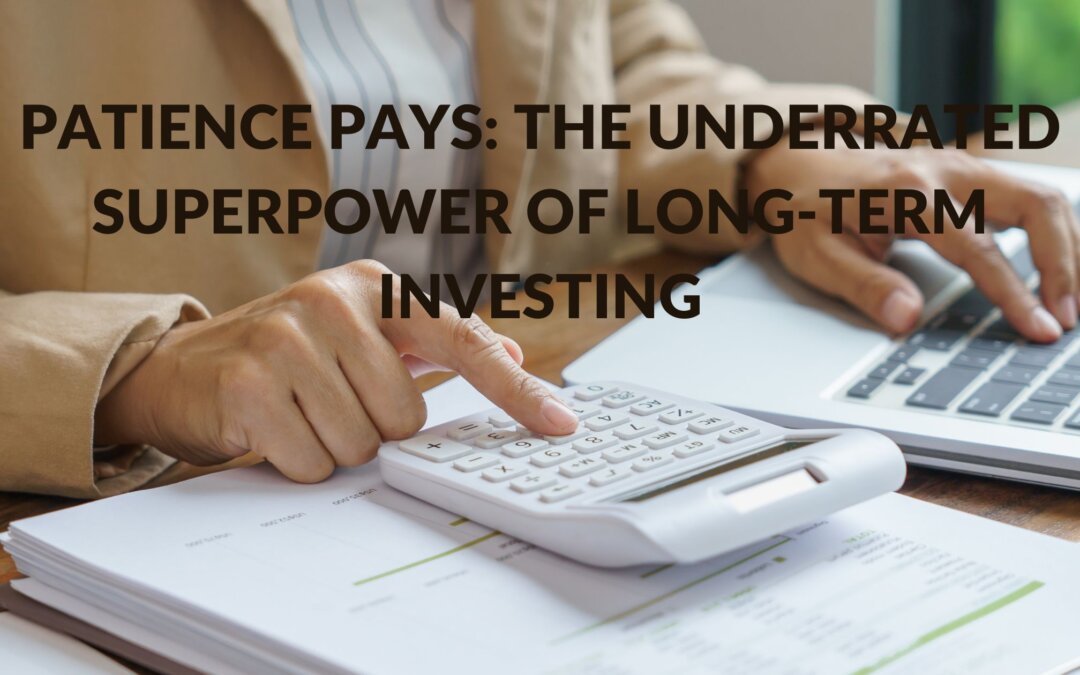In a world of instant gratification, long-term investing can feel outdated — even boring. But don’t be fooled by the lack of daily dopamine hits. Patience is still one of the greatest superpowers in wealth-building.
In fact, Warren Buffett, arguably the most successful investor in history, once said his favorite holding period is “forever.” And there’s good reason for that.
Why Long-Term Wins the Race
The stock market rewards time — not timing. Trying to “buy low and sell high” may sound smart, but even the most seasoned investors rarely time the market consistently. Long-term investing, on the other hand, removes emotion and leverages one of the most powerful forces in finance: compound interest.
When your investments earn returns, and those returns earn returns, your wealth grows exponentially. It’s not sexy. But it works.
The Magic of Compounding
Let’s say you invest $10,000 in a diversified fund with a 7% annual return. In 10 years, you’ll have around $20,000. In 20 years? Nearly $40,000. Stretch that to 30 years and you’re looking at $76,000 — without adding a single extra dollar.
Now imagine what happens if you consistently contribute. That’s how fortunes are built — slow, steady, and scalable.
What Makes Long-Term Investing So Powerful:
- Emotion is Removed: You’re less likely to panic-sell during downturns.
- Fees are Lower: Less trading means fewer fees and less tax liability.
- Compounding Works in Your Favor: The longer you stay in, the harder your money works.
Common Pitfalls to Avoid:
- Chasing Trends: Meme stocks may rise fast, but often crash faster.
- Overreacting to Headlines: Markets fluctuate. Stay the course.
- Neglecting Diversification: Don’t put all your eggs in one basket — even a golden one.
Tips for Staying Patient:
- Automate your contributions
- Revisit your financial goals often
- Avoid checking your portfolio daily
Final Thought
Long-term investing isn’t passive — it’s powerful. It’s not about doing nothing. It’s about doing the right things consistently over time. So instead of asking, “What’s the next big thing?” try asking, “What will still be valuable in 10, 20, or 30 years?”
Because in the market — and in life — patience isn’t weakness. It’s wisdom.

